Victorian truth-telling body using ‘make-believe history’, says Geoffrey Blainey
Eminent historian Geoffrey Blainey says Victoria’s Indigenous ‘truth-telling’ commission has favoured a Bruce Pascoe version of history.
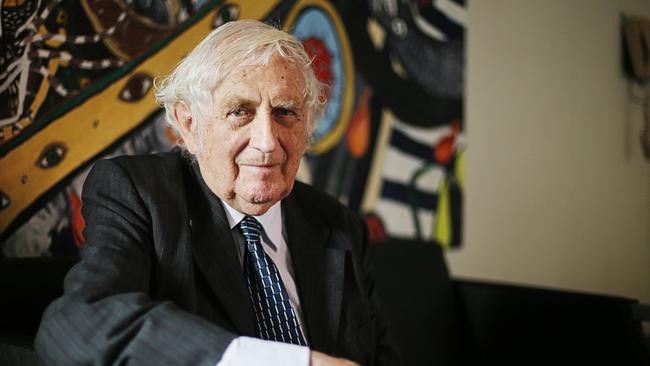
Eminent historian Geoffrey Blainey has accused Victoria’s Indigenous “truth-telling” body of drawing upon a “make-believe” version of history in its latest report, arguing claims Aborigines had democratic decision-making processes prior to 1788 are wrong.
The Yoorrook Justice Commission’s report claims Aboriginal Victorians had “collective decision making” at the heart of their societies before the British Empire colonised the land in 1788, and uses this history as a basis for its calls for “decision-making power, authority, control and resources” in both the child protection and criminal justice systems to be transferred to Indigenous Victorians.
But Professor Blainey says the commission is ignoring the authoritarian and at times violent nature of relations between Indigenous groups, suggesting their version of history is closer to the views of Anthony Albanese and Dark Emu author Bruce Pascoe than those of historians. The commission said the report had been produced after “12 months of intensive research and evidence gathering”, while Professor Pascoe said he had never claimed there had been no violence in Aboriginal society.
ANU WK Hancock Distinguished Professor of History Ann McGrath accused Professor Blainey of “having an imaginary argument with Bruce Pascoe”, claiming the historian has “turned away” from the conclusions of his seminal history of Aboriginal Australia, Triumph of the Nomads.
Yoorrook’s report on Victoria’s child protection and criminal justice systems, published on Monday, states: “Before European invasion, First Peoples were independent and governed by collective decision-making processes with shared kinship, language and culture. They belonged to and were custodians of defined areas of country.”
Professor Blainey said “many scholars” disagreed with this view. “The idea that Aboriginals practised ‘collective decision making’ comes from Bruce Pascoe and our Prime Minister. Their belief that Aboriginals invented democracy 80,000 years ago is make-believe,” the University of Melbourne emeritus professor said.
“Traditional Aboriginal society tended to be authoritarian, and far from democratic. My book, The Story of Australia’s People: the Rise and Fall of Ancient Australia, discusses the kind of historical errors which are now embodied in the Yoorrook verdicts.”
The book won a Prime Minister’s Literary Award in 2016.
Professor Blainey said many experts also disagreed with Yoorrook’s claim that “the systemic racism which persists today has its origins in colonial systems and institutions”.
“There is plenty of evidence that Aboriginal tribes or ‘nations’ thought that they were innately superior to their neighbours,” Professor Blainey said.
He cited a reference in his preface to Triumph of the Nomads to an Indigenous Victorian “meeting a black tribe living only 100 miles away” in the 1840s, and commenting “They are foreign in speech, they are foreign in countenance, they are foreign altogether – they are no good”.
“Brutal warfare existed between Aboriginal peoples, but it is not even mentioned in this week’s edict. Victoria was not the Garden of Eden before 1788, nor after 1788,” Professor Blainey said.
“Of course, Aboriginal societies had some impressive achievements as well as failures.” Professor McGrath said it was a “shame” that Professor Blainey “has turned away from the conclusions of his path-breaking book, the Triumph of the Nomads, which celebrated the myriad achievements of Indigenous Australia prior to European invasion”.
“It goes without saying that Aboriginal knowledge and social organisation must have been impressive for their nations to survive through millennia, with climatic change, coastal inundation and then British colonisation. Few societies could claim such continuity and success,” she said. “In my view, Geoffrey Blainey does not appear to be arguing against the reasonable wording of the Yoorrook Report, but rather having an imaginary argument with Bruce Pascoe.
“While the Yoorrook report probably did not mention anything about the bountiful imagery of the Garden of Eden as taught by the Christian missionaries, Blainey could benefit by thinking about history in a comparative perspective.
“If we lived through a time when we had our land and authority taken away, when our people were decimated by terrible diseases and near starvation, when we feared for our own lives and saw our children taken away, certainly, all our previous experiences might indeed seem idyllic.”
Professor Pascoe said he believed Aboriginal social and economic organisation required close study.
“Recent archaeological revelations and new research papers are interested in this area. Linguists and economists are providing new insights into these questions, and when compared to evidence received directly from elders still alive it makes for interesting contemplation,” the University of Melbourne Enterprise Professor of Indigenous Agriculture said.
“I have never said there was no violence in Aboriginal society, we’re human after all. I said there was no war for land. It’s an important distinction. Current researchers, historians and botanists have very exciting views on these things. Those people deserve our attention.”
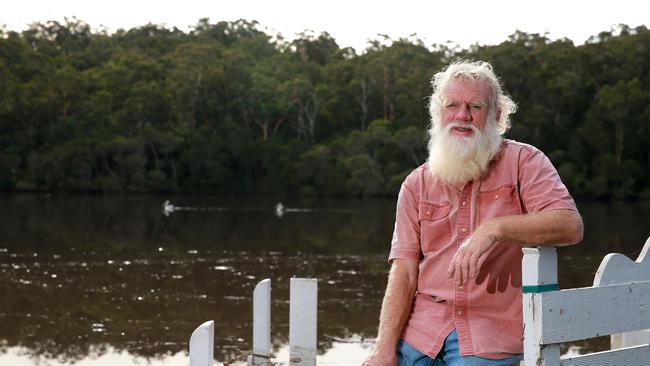
Many of the claims Professor Pascoe makes in Dark Emu have been disputed by experts including Professor Blainey, anthropologist Peter Sutton and archaeologist Kerryn Walshe, as has his claim to Indigenous heritage.
A Yoorrook spokesman said the release of the report had followed “12 months of intensive research and evidence gathering”.
“Yoorrook’s letters patent expressly recognises First Peoples’ experiences of colonisation have included ‘grave historic wrongs and ongoing injustices and intergenerational trauma’,” the spokesman said.
“The report’s 46 recommendations provide government with a road map to create transformational change for First Peoples and the opportunity to create a better Victoria for everyone.”
Royal Historical Society of Victoria president Richard Broome said Professor Blainey was “a prominent historian who is always worth reading. But he is not always correct.”
The La Trobe University Emeritus Professor in History disputed Professor Blainey’s claims that notions of Indigenous Australians having engaged in collective decision-making had emanated from Professor Pascoe and Mr Albanese.
“Many anthropologists would argue traditional decision making sought a consensus. That may not be democracy, but neither was it an authoritarian system,” Professor Broome said.
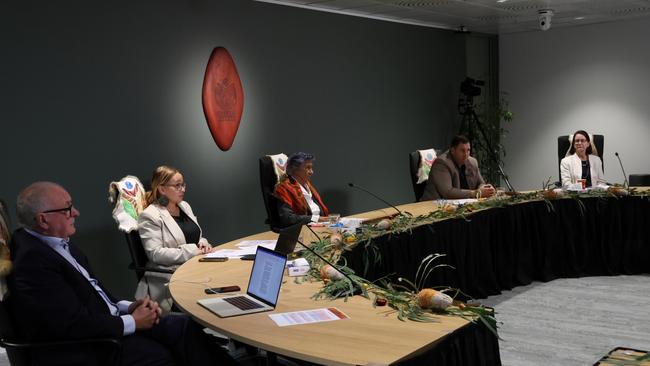
He said that while Indigenous Australians, like all other humans, had ethnocentric attitudes, racism had developed in the mid 19th Century.
“Ethnocentrism, the belief that one’s group is superior to others is a universal human trait,” Professor Broome said.
“Aboriginal people shared this like other peoples and had a view of friends and enemies, clans that your group were connected to through kinship or trade, and others that were alien and perhaps enemies.
“But racism, the view that there was a hierarchy of races and innate superiority and inferiority, was a view that developed in the mid 19th century. This idea of innate inferiority was applied globally to the losers in the colonial struggle, and used as a reason for their alleged incompetency in the struggle for existence and for fading away. It allowed the real reasons, the pressures of colonisation, to be ignored.”
Professor Broome said he agreed with Professor Blainey that “brutal warfare existed between Aboriginal peoples”.
“War is a universal human tragedy. But what is its relevance when talking of the impact of colonisation? It is a diversion to gloss over the traumas of colonisation,” he said.
The Australian also sought comment from Indigenous academics Marcia Langton and Tony Birch, and historian Henry Reynolds, but did not receive responses prior to deadline.
More Coverage
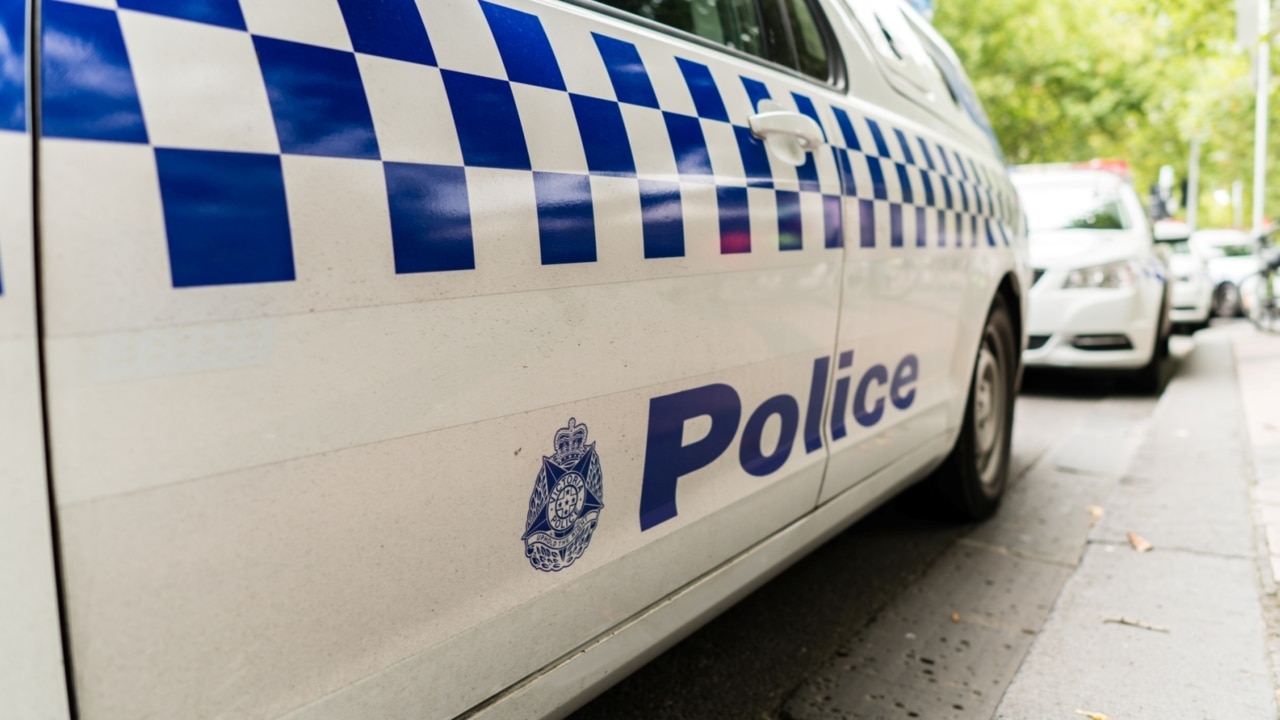




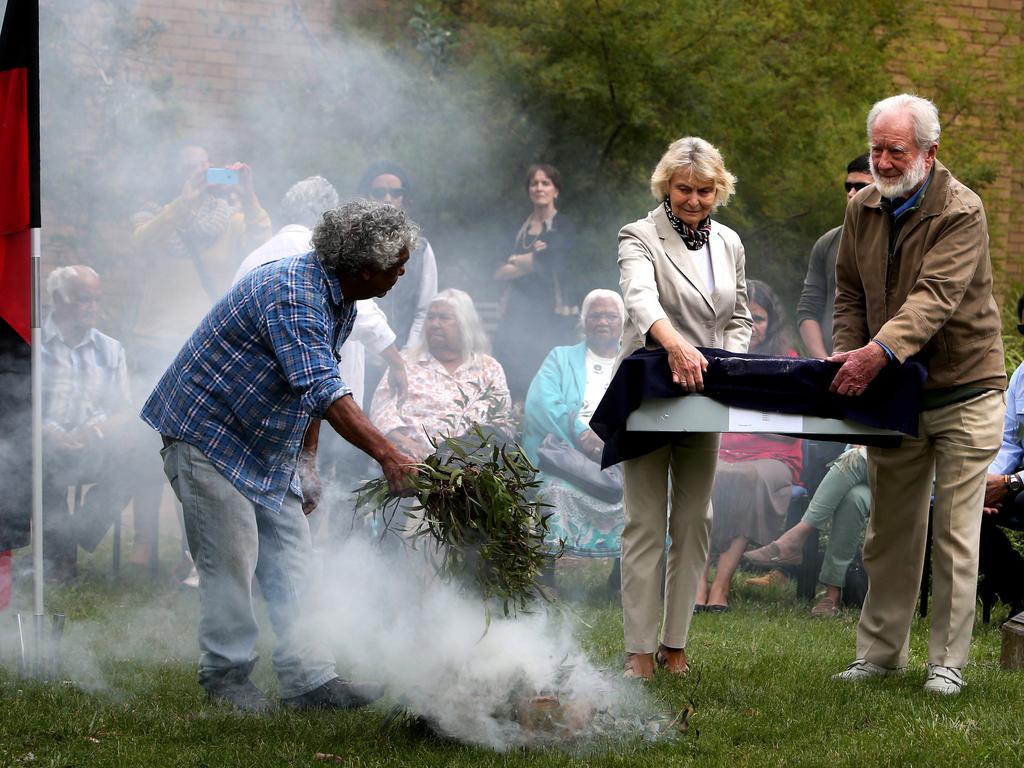

To join the conversation, please log in. Don't have an account? Register
Join the conversation, you are commenting as Logout